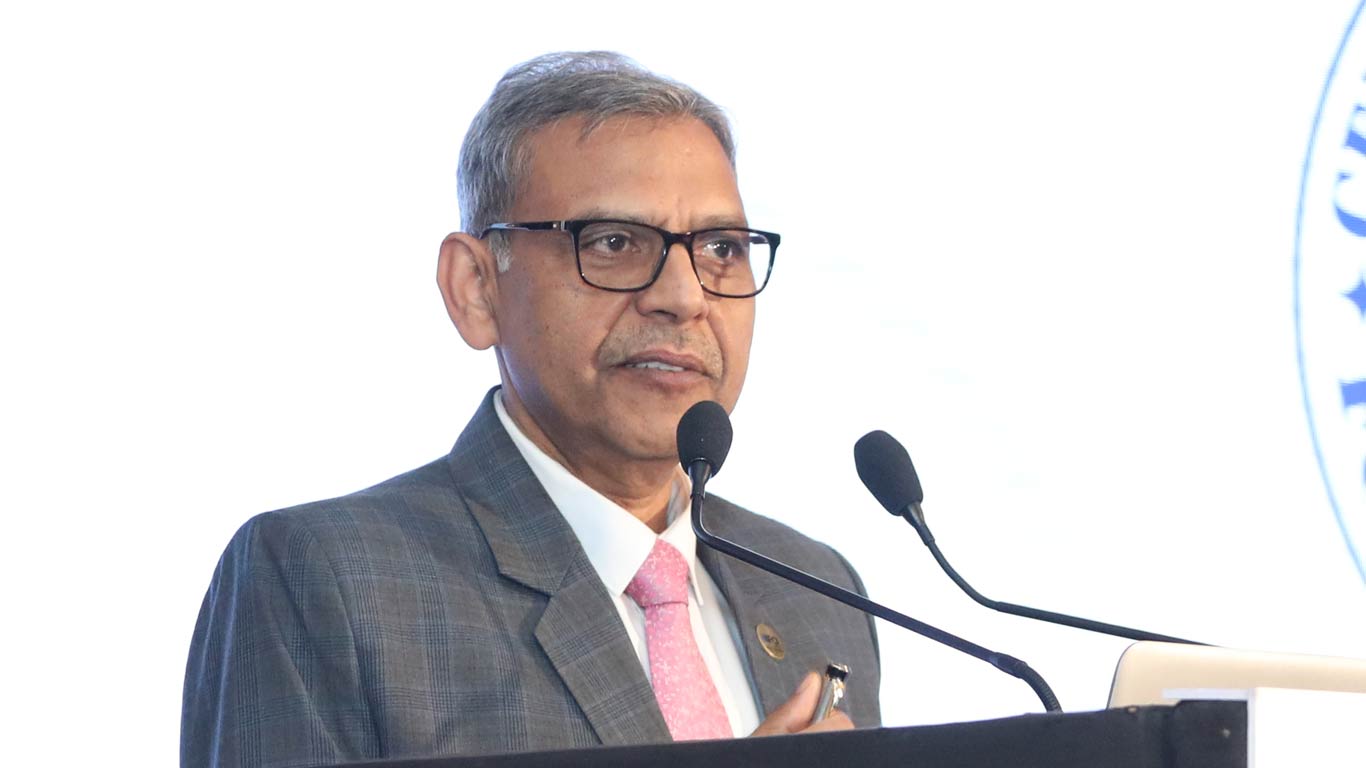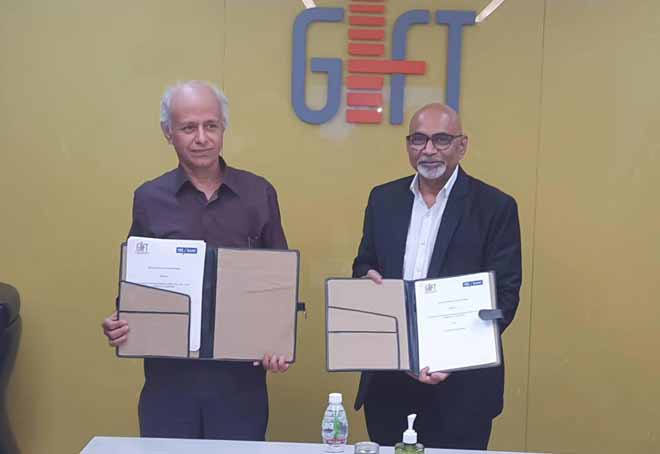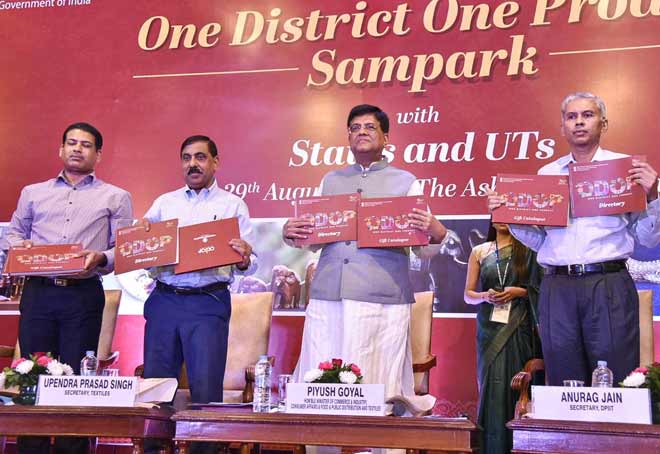Indian leather industry has immense potential for employment, exports
Updated: Dec 19, 2013 03:25:13pm

It has tremendous potential for employment generation. Direct and indirect employment of the industry is around 2.5 million, mostly from the weaker sections of the society.
Women employment is predominant in leather products sector with about 30 per cent share. The skilled and semi-skilled workers constitute nearly 50 per cent of the total work force.
The leather industry is bestowed with an affluence of raw materials as India is endowed with 21 per cent of world cattle and buffalo and 11 per cent of world goat and sheep population. Added to this are the strengths of skilled manpower, innovative technology, increasing industry compliance to international environmental standards, and the dedicated support of the allied industries.
The strengths of Indian leather sector are many. It has its own raw material source – 2 billion sq ft of leather produced annually; some varieties of goat / calf / sheep skins command premium position; strong and eco-sustainable tanning base; modernized manufacturing units; and trained / skilled manpower at competitive wage levels.
Further, there is world-class institutional support for Design and Product Development, HRD and R & D. With support industries like leather chemicals and finishing auxiliaries, it has presence in major markets – long Europe experience, enjoying strategic location in the Asian landmass.
Among its emerging strengths are design development initiatives by institutions and individuals; continuous modernization and technology upgradation; economic size of manufacturing units; constant human resource development programme to enhance productivity; increasing use of quality components; shorter prototype development time; delivery compliance; and growing domestic market for footwear and leather articles.
The Indian leather industry is mainly spread over Uttar Pradesh, West Bengal, Delhi, Andhra Pradesh, Karnataka, Tamil Nadu and Maharashtra.
There has been an increasing emphasis on its planned development, aimed at optimum utilisation of available raw materials for maximising the returns, particularly from exports. The Indian leather industry has an annual turnover of over USD 8.5 billion. The industry currently is one among top 8 industries for export revenue generation in India holding 10 per cent of global raw materials and 2 per cent of global trade.
The export of leather industry is 3 billion US dollar during April to October 2013, registering a growth of 14.48 per cent in the corresponding period of 2012. The exports of leather and leather products gained momentum during the past two decades. Indian leather industry today has attained well merited recognition in international markets besides occupying a prominent place among the top seven foreign exchange earners of the country.
The leather industry has undergone a dramatic transformation from a mere exporter of raw materials in the sixties to that of value added finished products in the nineties. Policy initiatives taken by the Government of India since 1973 have been instrumental to such a transformation. In the wake of globalisation of Indian economy supported with liberalised economic and trade policies since 1991, the industry is poised for further growth to achieve greater share in the global trade.
The Government of India had identified the Leather Sector as a Focus Sector in its Foreign Trade Policy 2004-09 in view of its immense potential for export growth prospects and employment generation. Accordingly, the Government is also implementing various Special Focus Initiatives under the Foreign Trade Policy for the growth of leather sector.
With the implementation of various industrial developmental programmes as well as export promotional activities; and keeping in view the past performance, and industry’s inherent strengths of skilled manpower, innovative technology, increasing industry compliance to international environmental standards, and dedicated support of the allied industries, the Indian leather industry aims to augment the production, thereby enhance export, and resultantly create additional employment opportunities for overall one million people. (KNN/PIB)
Source: Commerce Ministry and India Trade Promotion Organisation.











